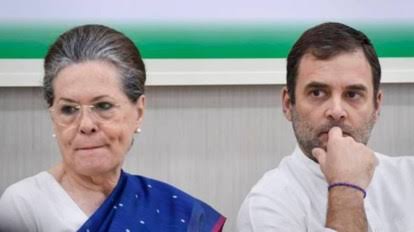September 2, 2024, Bengaluru, India – In a significant legal action, the Bengaluru police have registered a First Information Report (FIR) against Salah Uddin Shoaib Choudhury, a Bangladeshi journalist, and Aditi, a staff member of the Indian news portal ‘The Jaipur Dialogues’. The FIR follows allegations of spreading fake news aimed at maligning the public image of Rahul Gandhi, Leader of Opposition in the Lok Sabha, and his mother, former Congress president Sonia Gandhi.
The complaint, lodged by Srinivas G, a law practitioner associated with the Karnataka Pradesh Congress Committee (KPCC), accuses the duo of promoting enmity between different groups and circulating false information. Specifically, Choudhury was alleged to have claimed that Sonia Gandhi still adheres to Christianity despite her marriage to Rajiv Gandhi, and that Rahul Gandhi was involved in a sexual assault, both claims intended to create religious discord and defame the Gandhi family.
The FIR cites sections 196 and 353(2) of the Bharatiya Nyaya Sanhita (BNS), which deal with promoting enmity between groups on grounds of religion, race, etc., and publishing or circulating false information to create hatred based on religion, respectively. This legal action underscores the ongoing battle against fake news, particularly when it targets high-profile political figures.
The involvement of ‘The Jaipur Dialogues’, known for its right-wing perspectives, has sparked a debate over freedom of speech versus the responsibility to uphold truth in journalism. Critics argue this case might set a precedent for how misinformation, especially when politically charged, is handled legally in India. While Jaipur Dialogues founder Sanjay Dixit in a Post on X claimed “Now at last Gandhi’s are showing signs of being rattled.”
The police have begun their investigation, analyzing the posts in question to verify the claims made by Srinivas G. This incident has not only put the spotlight on the need for media accountability but also on the Congress party’s willingness to use state machinery against its critics, where it’s in power.
As the investigation unfolds, it remains to be seen how this case will influence the discourse around freedom of expression and the legal boundaries of what constitutes fake news in India’s vibrant and often tumultuous political landscape.
This article encapsulates the essence of the event based on the information provided, focusing on factual reporting while highlighting the broader implications for media and politics in India.



